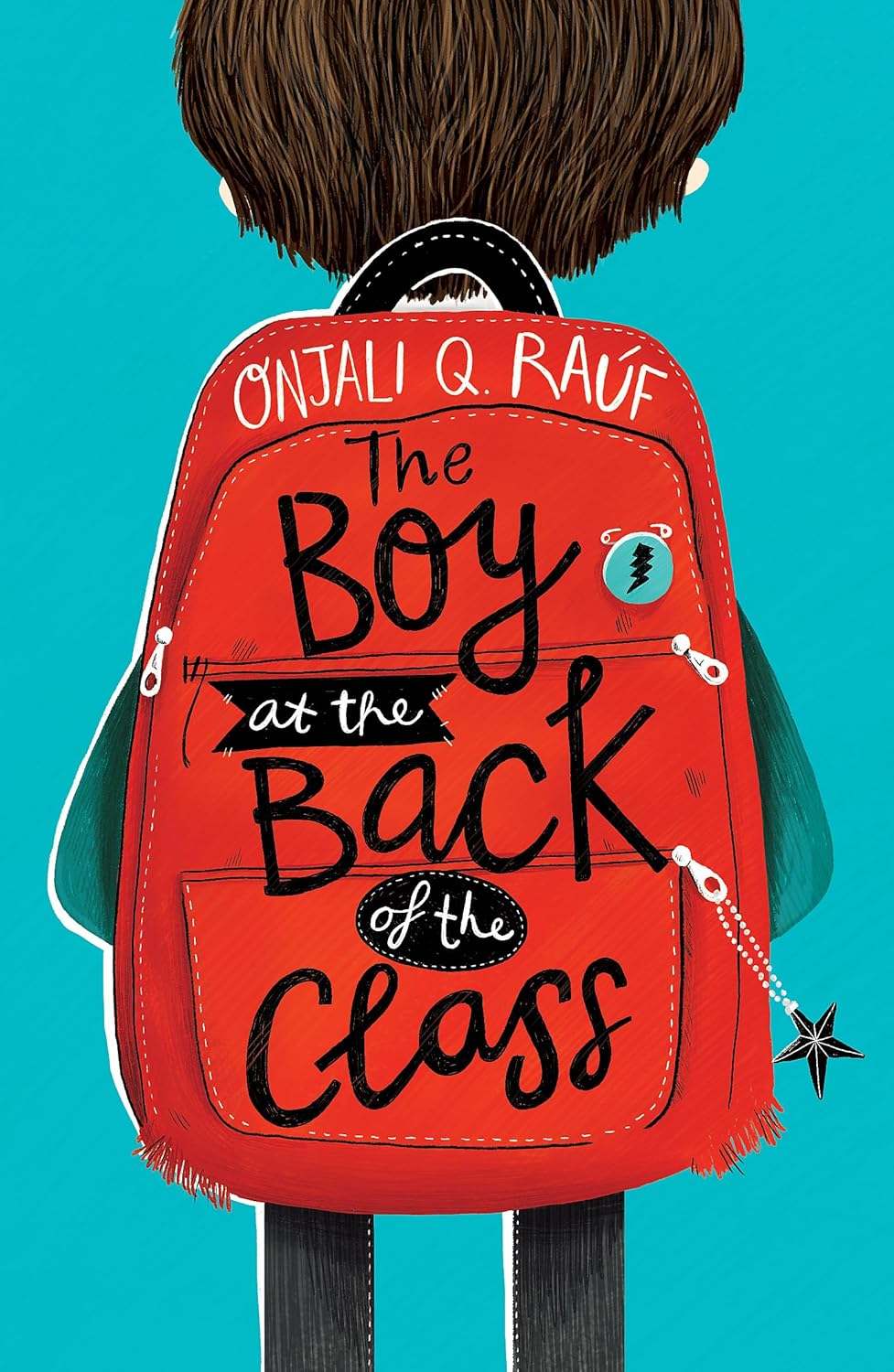When a Book Enables Children to Express Their Deepest Thoughts, It is Time to Listen to Them...
- TalkingCircles

- Jul 28
- 3 min read
Updated: Jul 29
Members of the Young Readers' Club, discuss school, discipline & being at the wrong place, at the wrong time, while discussing the book, The Boy At the Back of the Class by Onjali Rauf.

The book, Boy at The Back of The Class by Onjali Rauf, is a book about a Syrian refugee kid who finds his way to a school in London. He tends to stay to himself, one of the main reasons being language as an impediment apart from the likely trauma he is likely to have undergone being a refugee. A group of kind children strive to reach out, be friends with him and try different ways to help him understand that they would like to be his friends and help him settle in his new environment. As a part of their efforts, the narrator in the book talks about her efforts to buy a pomegranate for him after learning that it is a popular fruit in Syria. She thinks that he would be missing home and seeing something that is common at home might help bring him some joy. But plans misfire. She offers him the pomegranate which he is happy to receive. However, a bully kid steps in and tries to bully Ahmet, the refugee kid. All hell breaks loose. The pomegranate is stamped and ruined. The teachers separate the children who are fighting. Everyone of them gets an imposition to write.
Could the victim of bullying have reacted in a different way rather than choosing to repeatedly punch the bully and hurt him in the process?
The consensus in the group was, violence isn't the answer. It doesn't make the victim a better person or different from the bully himself. The boy in question should have ideally approached an adult who would listen and help. That adult could be any teacher, school coordinator or even the principal. By resorting to violence, the boy landed himself in worse trouble.
However, we cannot ignore his previous experiences which must have had an impact on the way he chose to react. He has been through a lot having to move away from his own country is the most dangerous of circumstances. Having to settle in a new country and start from a scratch must be really hard. But that does not justify his decision to resort to violence.
Having to settle in a new country and start from a scratch must be really hard. But that does not justify his decision to resort to violence.
Dealing with a conflict in school- teacher perspective
All sorts of conflicts are bound to happen in school. A teacher's job isn't easy as he or she needs to be fair at all times and take the right course of action to maintain discipline in class or anywhere else in the school. The teacher's perspective is perhaps the most obvious one in any conflict. But how do children drawn into a conflict against their best intentions or will, perceive the situation? Do they feel heard or feel punished for no fault? The narrator in the book states that adults often don't listen to children. The group of young readers rose in unison and said this is true!
The narrator in the book states that adults often don't listen to children. The group of young readers rose in unison and said this is true!
If what they say is true, why do we as adults tend not to listen? Is it because, we believe that we know better? Or we simply don't have the time to pay attention, having to balance our varied responsibilities? Is there a better way?
Want to know more about our experiences of reading this book, Boy at the Back of the Class, by Onjali Rauf? Here.
If you found this article to be useful and would like similar articles sent to your inbox, click on the button below to stay informed.
The Young Readers' Club is a book club for the 8-12 age group. We also do vocabulary building activities and mini writing lessons for a little variety!
Writing programs for the 9-12 age group- Young Writers' Club Jr.
The Young Writers' Club program for the 13-16 age group offers a weekly platform to read and discuss curated articles from the news, observe writing approaches and practise one's writing skills.
NEW! Tween Tribune is an online magazine for the Young Writers' Club (Jr.) program for tweens. Weekly updates of our discussions are published. Once in 6 months, the best of writing by the tween members is made available to read.
NEW! Musings from the Young Writers' Club is an online magazine showcasing the work we do at the Young Writers' Club.







Comments